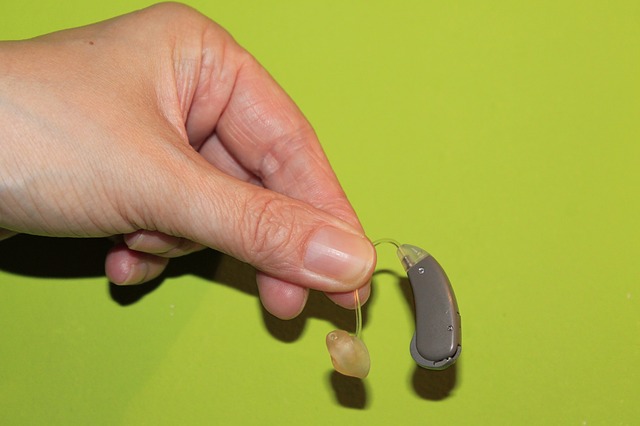26th September 2019 – by Paz Garcia

A new study of over 250,000 volunteers has identified 44 new genes linked to age-related hearing loss.
A third of people are affected by some degree of hearing loss by the age of 65, which can lead to social isolation and disability.
Despite being such a common sensory impairment, hearing aids are the only treatment available and not much is known about the genes behind the condition.
These findings will help researchers understand how hearing loss develops and so help us find ways to treat and prevent the condition.
Professor Frances Williams, who led the collaborative research using data from UK Biobank, TwinsUK and ELSA among others, explained:
“We now know that very many genes are involved in the loss of hearing ability as we age. This study has identified genes that we know already cause deafness in children, but it has also revealed lots of additional genes which point to new biological pathways.”
The study is the largest genetic analysis conducted to date of people who report problems with their hearing.
The work was from a joint project involving King’s College London and University College London.
What did they do?
The team wanted to identify the genetic component of adult hearing loss in the UK so that we can understand better how the condition develops as we age.
The researchers analysed the genetic data and questionnaire responses about hearing in over 250,000 participants of the UK Biobank aged 40-69 years to see which genes were associated with people who had self-reported hearing problems.
The team identified 44 new genes linked with age-related hearing loss of which 34 have not been linked to any form of hearing loss previously.
The researchers then checked their findings by studying TwinsUK and the English Longitudinal Study of Ageing.
What does this mean?
These finding will help researchers untangle the sequence of events that lead to hearing impairment as we age. Future research will investigate the biological hearing pathways influenced by these genes.
This will help us to identify possible targets for new therapies to treat and potentially prevent or delay hearing loss with age.






